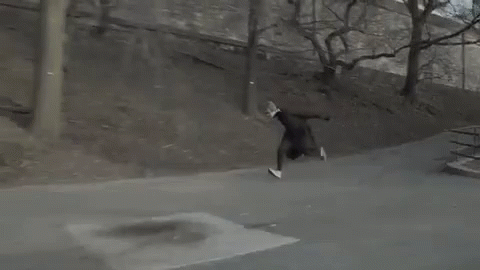What is a "weak yes" and what is a "weak no"
I watched the DS&A course on Taro and I thought the video on what a "yes" and a "strong yes" mean was really helpful.
I was wondering if the same analysis can be done for what a "weak no" and a what a "weak yes" mean? I think this comparison would be helpful since it gives us an understanding of the small details that can push someone between passing and failing territory.
Another question I have is that I've finished questions with optimal time complexity but I still fail the interview. So under what circumstances would candidates get a "weak no" (or even "no") even with an optimal solution? This is obviously a super broad question, so I tried breaking it down into several categories:
Communication:
- Clarifying questions
- Explaining thought process
Problem Solving:
- Needing hints
- Time/Space complexity analysis
Coding:
- Debugging
- Code quality
Verification:
- Test suite composition
Discussion
(3 comments)- 1
 a year agoJonathan CEngineer @ Robinhood
a year agoJonathan CEngineer @ RobinhoodThere's a lot going into the mind of interviewers, but this is what usually goes on in mine for the 2 cases.
- Weak no: candidate's strengths and candidate's weaknesses are roughly equal. Round down to no because I didn't have strong enough reads on the candidate's strengths to be convinced they can code indepedently.
- Weak yes: candidate's strengths and candidate's weakness are roughly the same. Round up to yes because there is some mix of strengths that convinces me that candidate has good enough fundamentals around coding, but just didn't quite get this particular problem.
- 0
 a year agoSoftware Engineering InternTaro Community
a year agoSoftware Engineering InternTaro CommunityWhat would be some factors that would push a candidate to one side or the other?
- 0
 a year agoJonathan CEngineer @ Robinhood
a year agoJonathan CEngineer @ RobinhoodThe main thing for me is the candidate has a clear line thought: am I able to follow along with where they're going? Or are they more often than not rambling and/or typing random stuff.